(Photo by: Ted Eytan/Flickr)
Queer students, allies, did you know your JCCC GSA is electing new leadership? The Gender and Sexuality Alliance (GSA) held elections on April 23. The president, vice-president, recorder, treasurer, and social media manager positions were all up for vote.
GSA, for the uninitiated, provides a safe, inclusive gathering space, education through Diversity Days at the end of each month, and resources. These events and resources are with the goal of protecting the well-being of queer students, but all students, faculty, and staff are always welcome.
The JCCC GSA has made a particular name for itself with its annual showing of Rocky Horror Picture Show in October. Amelia Schwarz, current president of the GSA, is excited for the future of the club.
“This upcoming fall is going to be our fifth year, which is also going to coincide with the 50th anniversary of Rocky Horror Picture Show,” Schwarz said. “It’s an event where obviously we pop up projectors and we show the movie Rocky Horror. But there is this long standing tradition with Rocky Horror that is based off [of] audience interaction. People shouting out one-liners, people tossing out props, and we definitely incorporate that into the event. We hand out free props for people to use and then return back to us for the event. We also try to get a food truck, so people can have a nice meal while they watch the show. We also, because it’s kind of a Halloween event, we have a costume contest after the movie is done. It’s always very competitive and festive.”
GSA president, Amelia Schwarz, and vice president, Shaus Zabel, will be graduating this semester. They will be stepping down from their respective positions, leading new leadership to take their place. They leave big shoes to fill.
With Trump being elected for a second presidential term, many queer students have feared for their future.
“Immediately after the election we had an executive council meeting, of which our immediate, all of our plans were about the mental health of our members,” Schwarz explained. “We brought in counselors, we posted important resources and lines to our Discord for our members. And since then, we have helped to try to promote awareness of what our members can do for the sake of their own mental health and for the sake of their community. But largely, I think the most impactful thing we have done is we have continued to be here, because I feel like it would be very easy to shut down completely, to back down and to end the club as it is. It is much harder to persist in the face of that, you know, to watch as the policies at JCCC have changed in response to executive orders.”
JCCC’s Office of Inclusion and Belonging was closed in February to comply with federal requirements with concern that failure to do so would jeopardize federal financial aid funding to students. Schwarz remembers the closure.
“It was very sad to have the head of Office of Belonging and Inclusion introduce themselves and be like, ‘Hi, please come down to the office if you ever need any help,’ And then immediately like the next week, the next two weeks, hear that that office is gone. And to walk past it occasionally and see it is just [a] blank, dead doormat.”
With federal funding at risk, departments have to be careful about doing anything that might put that funding in jeopardy. This makes student led organizations and activities more important than ever.
“Student-led events, organizations like GSA, BSU [The Black Student Union], or MSA [Muslim Students Association], you know, they’re all still here,” Schwarz said. “Our members are still meeting, our clubs are still happening, our events are still ongoing. I have watched as my fellow leaders of other kind of diverse, multicultural clubs are struggling a bit to figure out what the future is going to be like. Because just because student-led events and activities are currently safe, we don’t know if they will continue to be in the future. But I think the idea is that while we are here, we should make sure that it is known that we are here and that we are proud to be here.”
Schwarz notes that solidarity between clubs is needed in this time of uncertainty.
“I feel like there’s also, I think, been a slight increase of solidarity between other clubs, where we’re all being targeted, we’re all falling under this DEI outline, for lack of a better word,” Schwarz mentioned. “And we’re all facing a wariness of what the future could look like both for the sake of organizations and for the sake of ourselves as people. […] I think one of the strong, most effective ways to get through any amount of […] political laws, ordinance or, I don’t know, protest against our types of organizations, all types of communities, the only answer is to join together. Even in the simple act of watching out for your neighbor, caring for your friend, or collaborating with your other clubs to make events [and] to pool together funding if needed.”
For organizations of marginalized communities, like GSA, the wrong kind of attention can have significant impacts. There is a balance that needs to be struck between providing visibility so that queer students can feel represented and find one another, while also still keeping members safe. This can make advertising a unique challenge.
“The biggest thing is I find that sometimes we don’t need to explicitly advertise the existence of GSA because the people who want to seek out our meetings to become a member of the organization, they’re seeking it out,” Schwarz said. “I have gotten messages, emails, and inquiries from people who aren’t even officially JCCC students yet. They are high schools with these like [students], who have applied, who have been accepted into this college and they’re already putting in a membership request. They’re already asking about what our meetings are like, because they have these GSAs in their high schools or at the very least they have the awareness of GSAs in colleges and they want to build that community for themselves as adults, as college students, and also word of mouth. A lot of members, they have friends, they’re social butterflies, they’ve got groups. Sometimes, you know, they talk to each other like, ‘Hey, you should come to a GSA meeting with me,’, or, ‘Hey, there’s this club that I’ve been thinking about going to, do you want to go?’ So word of mouth I think has been the largest thing, but also people actively searching for us on things like ‘Get Involved’ on like the JCCC websites maybe. People look for us and they talk about us. Those are the two ways that we have maintained a presence on campus outside of explicitly advertising and putting out posters.”
For students who are seeking or wanting to support these events, it can require more of an active effort. But there are many ways to find out.
“‘Get Involved’ is a fairly good form,” Schwarz said. “But also show up to club meetings and ask the leaders what kind of events are going to be happening. If you’re not able to attend in person club meetings of any clubs like that, a lot of clubs I’ve seen have some kind of online community. GSA personally has our Discord that even if you’re not able to come to an in-person meeting, you’re fully welcome and able to post and make connections on there. And we promote a lot of events or special meetings on there too.”
Schwarz has been with the organization since they started as a member in 2022. They moved up from their position as recorder the Fall 2023 semester, to vice president for the year in 2024, before finally becoming president this semester. In that time they have learned how to lead the organization, but they did not do it alone.
“When I was a very new executive council member, the whole executive council was all new people,” Schwarz said. “Very much the old executive council was like holding our hands the whole time. Especially our advisor. But as the years have gone by, we have grown more independent. We have taken our first steps and now we’re, like, running. And that process is going [to] have to restart again, but knowing that I’ll be on the other side of it, that I’ll be the one to hold someone’s hand, to give advice, to be like, ‘In my experience, this is what it has been like for me. This is how we’ve done things in the past,’ That’s reassuring in a way because I know that I’ll know what to say for at least some things.”
The new leadership for the GSA will have a lot of work ahead of it, but they will not have to figure it all out alone. Schwarz wishes to reassure the leaders that follow.
“Don’t worry too much. I know it can feel very daunting to see yourself as the face of a whole club. But the thing is, it’s not that scary really,” Schwarz said. “The scariest thing is filling out a form. And even then you’re going to have multiple people like our advisor [and] past regular club members. There’s going to be a lot of people with experience who are going to help you. Not even willing to help you. They are going to help you. You don’t have a choice in the matter. And there’s a lot of resources for how to be a club leader. JCCC wants to have clubs. It wants to have a thriving student life. It wants to have these kinds of activities and these kinds of organizations on campus. They have a lot of resources available to tell you how clubs should be [run], how they should function and all that kind of stuff. Inter-Club [Council], the [Clubs & Orgs] Leadership Retreat they have before every semester, and the Clubs and Orgs handbook are all available for people who might be new leaders to clubs or thinking about becoming new leaders to seek out and have. And of course, old leaders are always available to reach out if they’re willing, which I am very willing.”
If you are thinking of running and supporting the GSA, Schwarz has some tips.
“I have posted a rule form to submit candidacy on our Discord. [..] On that form we have all the responsibilities and their descriptions for each position,” Schwarz said. “So you can read up on that, make your decision there and also just pop in your name, pop in your pronouns, pop in your student email, leave your Discord username if you’ve got that [..] and if you want to put like a short bio to describe why you’re running or what your experience is that’s also an option as well.”
For queer students who are concerned about their future at this time, Schwarz has some advice to give.
“I think the biggest thing is to remember that you are not alone,” Schwarz mentioned. “I know it can feel very daunting to look at the various news articles, to listen to family members talk negatively about you and the community to your face. To watch as the things you used to have access to have been stripped away. But also to understand that you are not alone in that. That there are your friends and your neighbors and your classmates who, whether they’re out or not, are alongside with you. You have a community on campus. GSA is only a small part of that community. You know, there are numerous queer students who for rather time constraints, for personal reasons, whatever, are not actively members of GSA, but we’re still here. Now, even if GSA vanishes tomorrow, our community is still alive and well. We are still here.”
For more information on GSA meetings and events, click here.


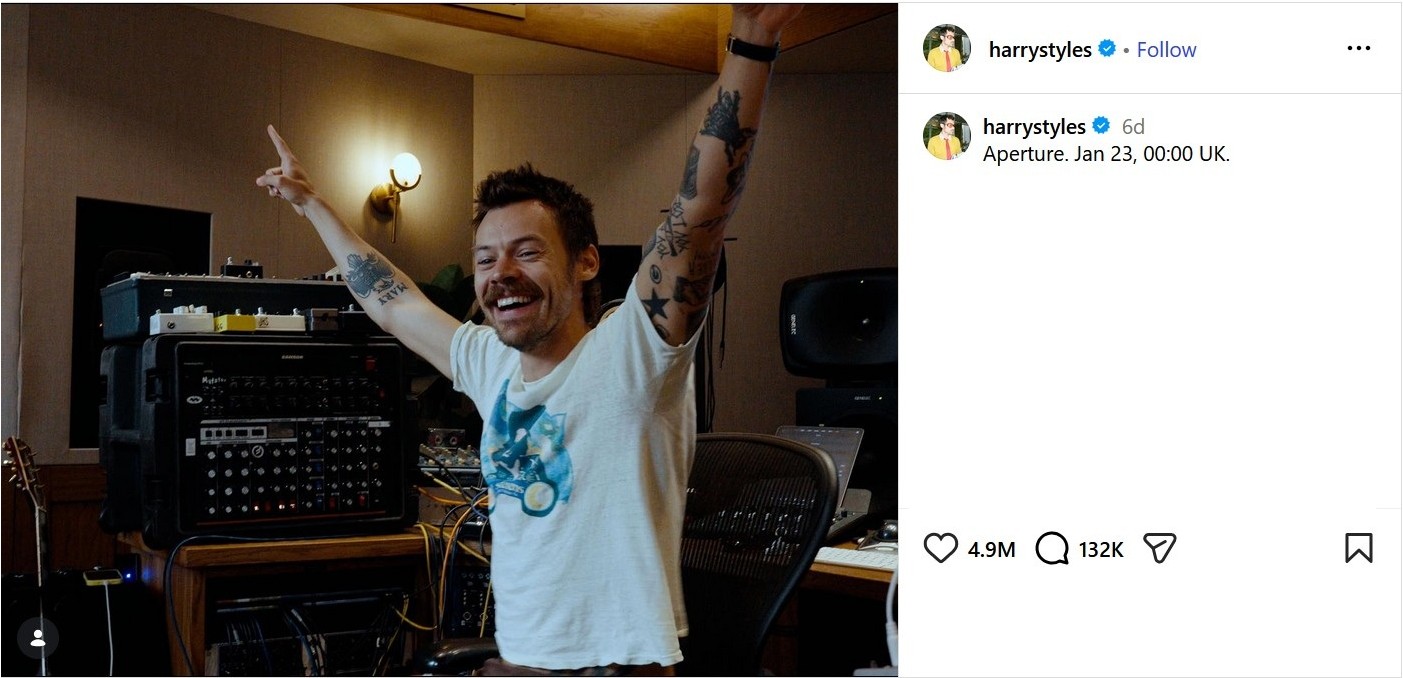


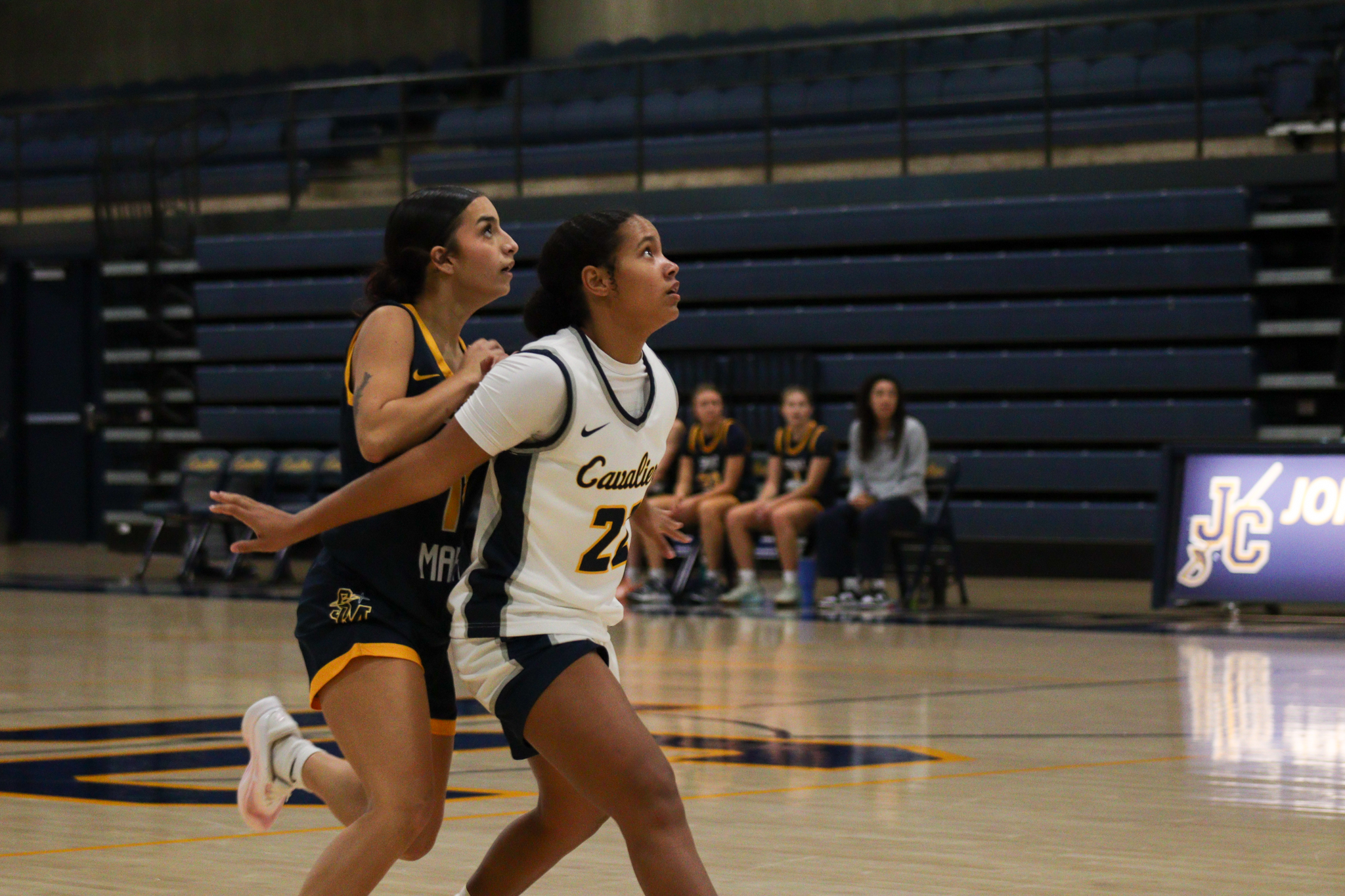


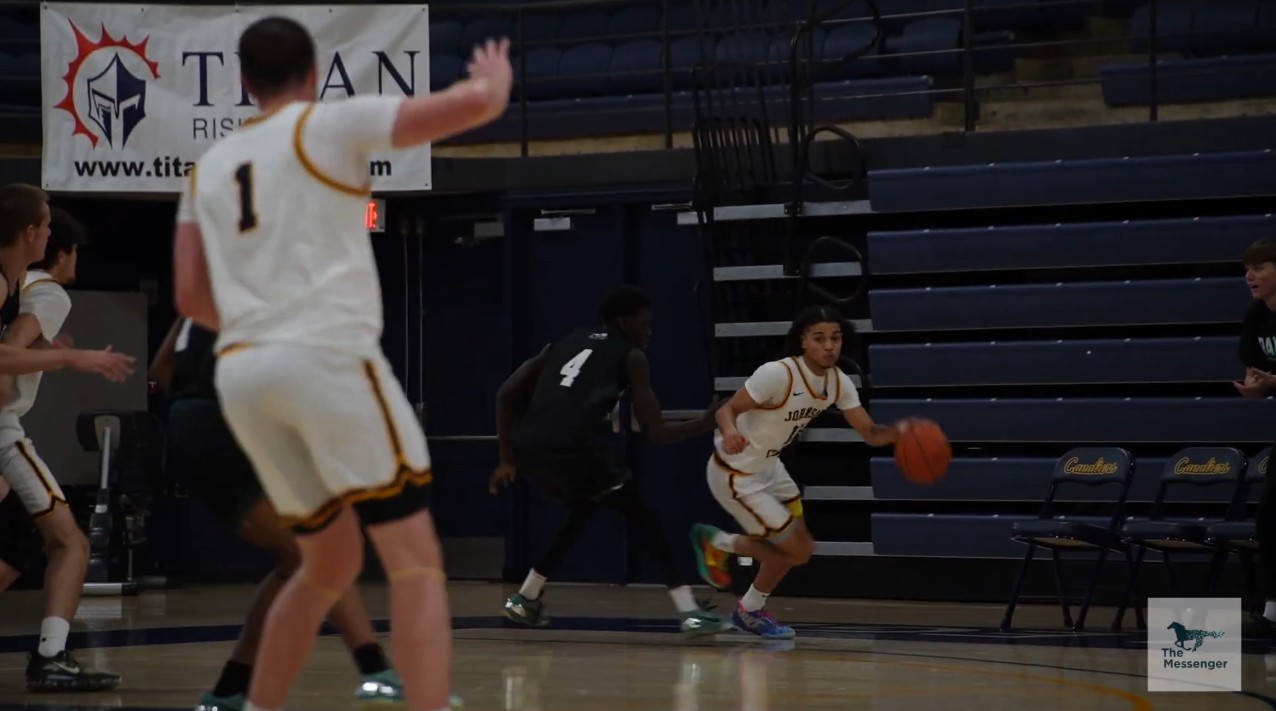

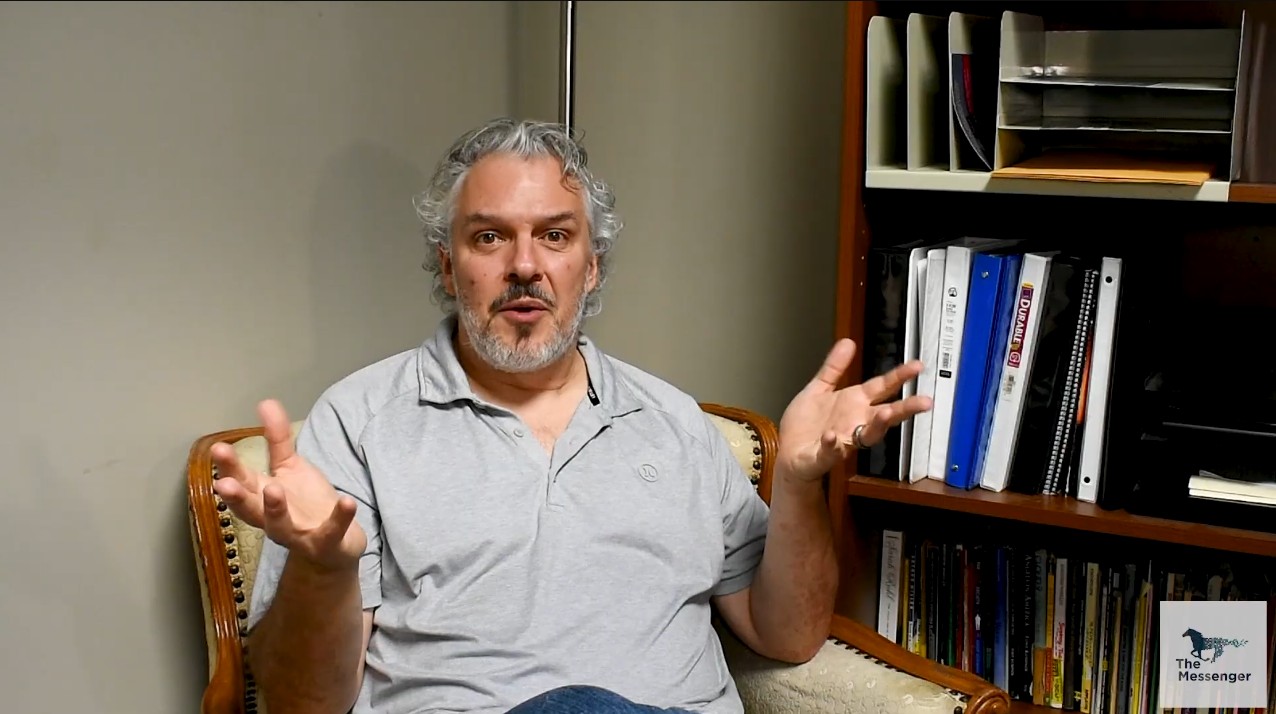
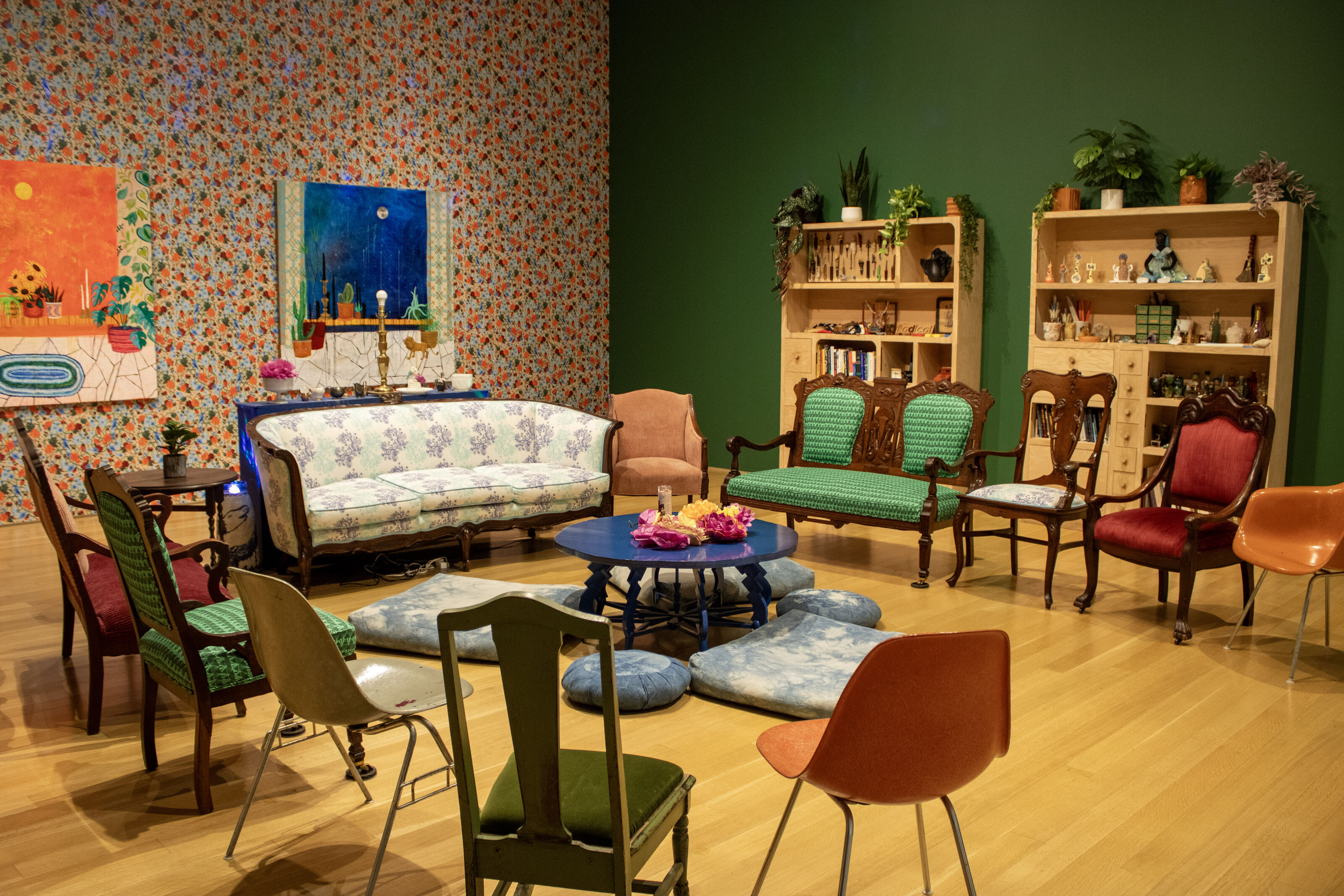
Leave a Reply